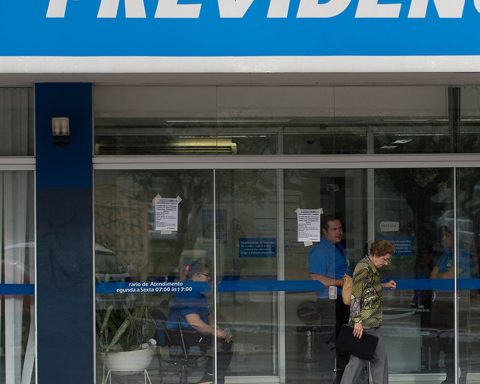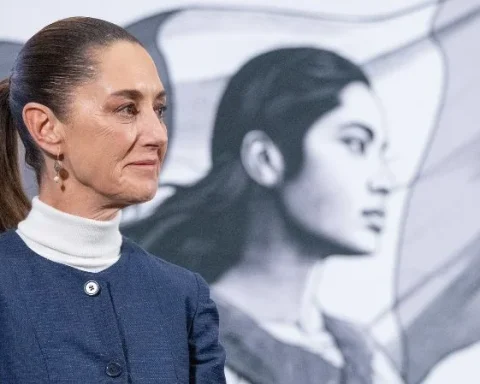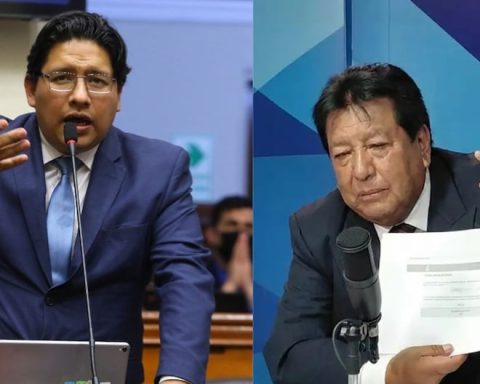The Federal Supreme Court (STF) begins judging this Wednesday (13) the action known as ADPF das Favelas, the process that deals with police lethality in Rio de Janeiro.
The plenary will begin reading the case report, a document that summarizes the history of the process, and the oral arguments of the parties involved in the process. The voting date will be set later.
The trial modality was created by the President of the Court, Minister Luís Roberto Barroso. The minister was inspired by the Supreme Court of the United States, where judges hear arguments from the parties involved in the process before presenting their votes in the session.
Several representatives of entities involved in the issue will take to the stand and present their arguments on the issue, such as the Rio de Janeiro Public Defender’s Office, political parties, entities that work in favor of the rights of the black population and representatives of the Rio government.
The Supreme Court judges the Claim of Failure to Comply with Fundamental Precepts (ADPF) No. 635, known as ADPF das Favelas. In the action, which was filed in 2019 by the PSB, the Court has already determined measures to reduce lethality during operations carried out by the Rio Military Police against organized crime in communities in the capital of Rio de Janeiro.
Results
With the ADPF, the Court mandated the use of body cameras on police uniforms and in vehicles, in addition to determining advance warning of operations for health and education authorities, in order to protect schools and health units from shootings between police officers and criminals.
According to the technical note prepared in July this year by the Supreme Court, the preliminary decisions, which were taken from 2020 onwards, contributed to the reduction in lethality, according to data from the Public Ministry of Rio.
In 2020, 1,200 people died during police interventions. Last year, the number rose to 871. In the first four months of 2024, 205 deaths were recorded.
In the case of cameras, 100% of the Space Operations Battalion (BOPE) personnel already use the equipment. An additional 13,000 cameras are available to the Rio PM.
The note also suggests setting an annual target for reducing police lethality, to make psychological support mandatory for police officers involved in deaths during operations.
It was also suggested the creation of a protocol for carrying out operations in regions close to schools and health units, the training of police officers to provide medical care to the population and the creation of standards to guarantee the participation of victims’ families in investigations.
















